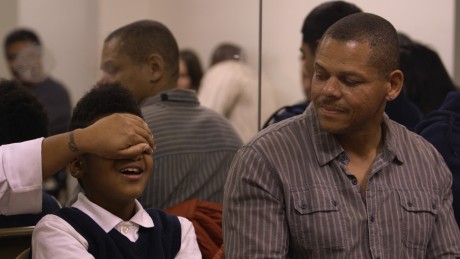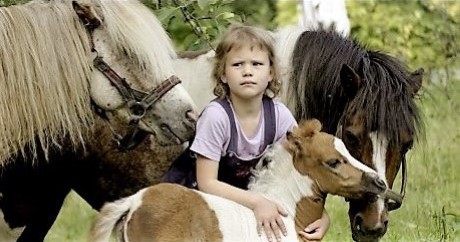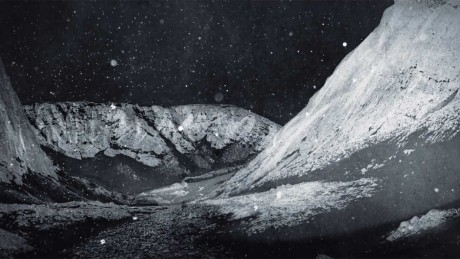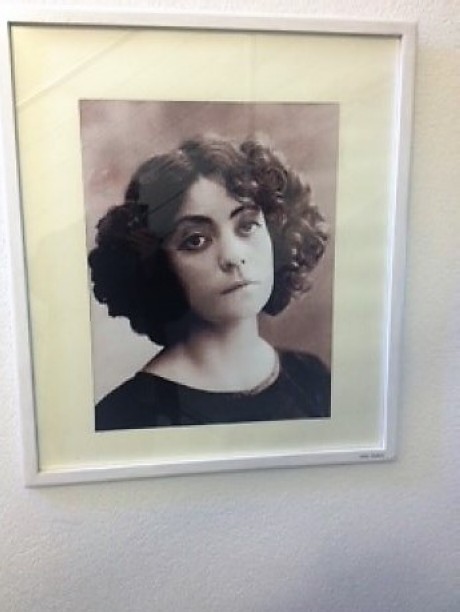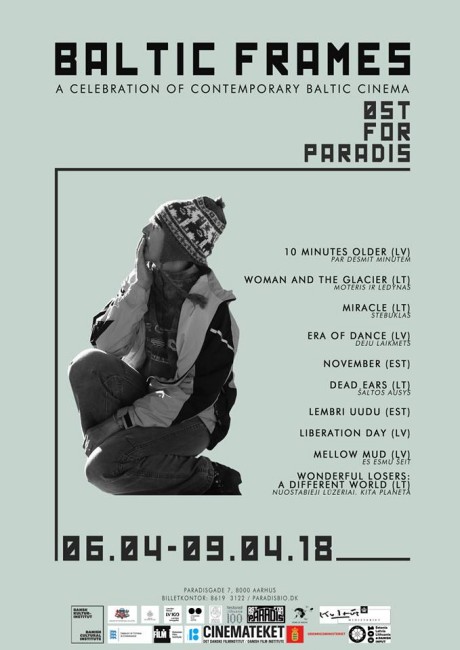


Sergey Dvortsevoy in Cannes
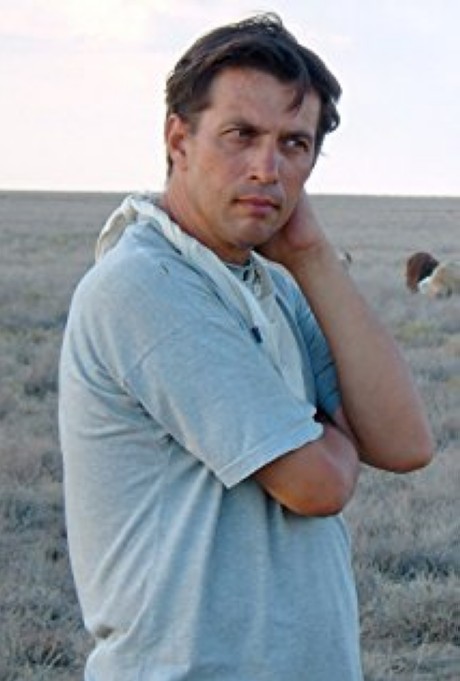
In 2010, at DOKLeipzig, I attended a masterclass with the director, whose documentaries I have always adored and still do. One of the true masters of modern documentary. I knew him from the 1990’es, where his ”Paradise” was shown on Danish television. Later on came ”Bread Day”, also shot on 35mm material, a no-budget film that he made from the negative material that he had won as awards for ”Paradise”. Ratio: 1:2,5!!! And ”Highway” and ”In the Dark”, a film about a blind man in Moscow, it was four years in production. Dvortsevoy is a director, who makes no compromises, always looking for precision.
The year before I had written an open letter to the director, a quite pathetic one, where I express my regret that he had turned to fiction with ”Tulpan”. My criticism: ” You got some of the magical documentary moments that you can not put into a script. But you also have a story and it is full of humour and warmth. It is close to the reality you know, but they act, you can see that they perform, some of them over-act. I like it but you lose something in terms of the truthfulness you have in your previous work…”
You had explained to me that one of the reasons for turning to fiction was to avoid the problems you had had with ”Paradise”, where the people who took part in the film was heavily critisized for showing the Kazakh reality as poort and miserable. Respect for that. So Dvortsevoy went for fiction, as did Kieslowski.
Years ago, when in Moscow, my wife and I met Dvortsevoy, who told us passionately about his new film project, that is now finished and taken for the main competition in Cannes next month. Original title is ”Ayka”, international title is ”My Little One”. The synopsis goes like this ” A young Kyrgyz girl – Ayka – lives and works illegally in Moscow. After giving birth to her son she leaves him in hospital. Some time later, however, her motherly yearning leads her to desperate attempts of finding the abandoned child… Dvortsevoy told us that he had done the research with a video camera, the whole film, to be sure that all would work when the real filming was to start.
So curious to see how many magical documentary moments the great director has found this time!



